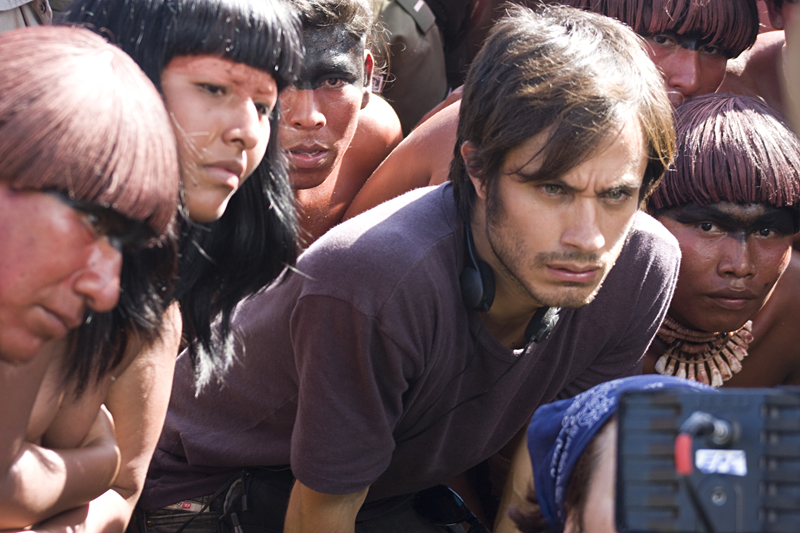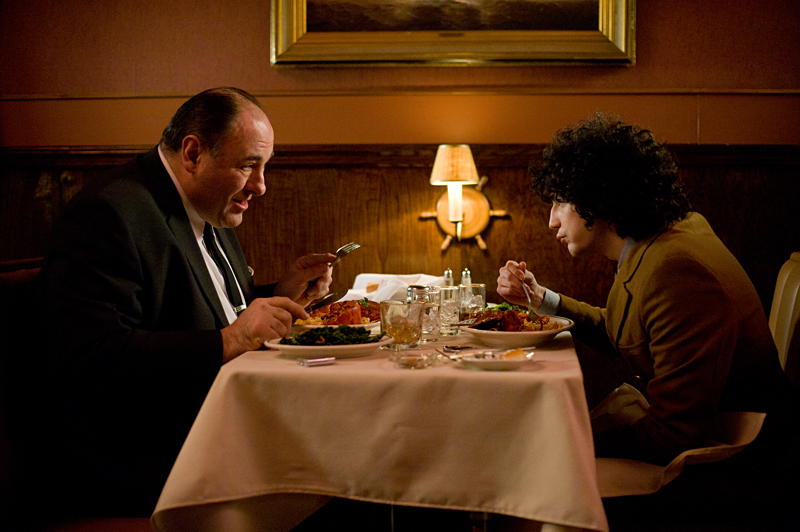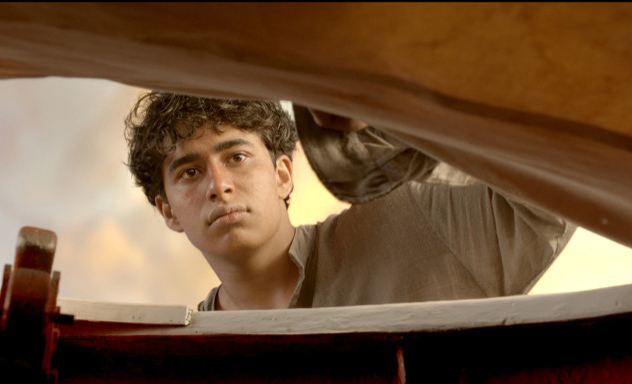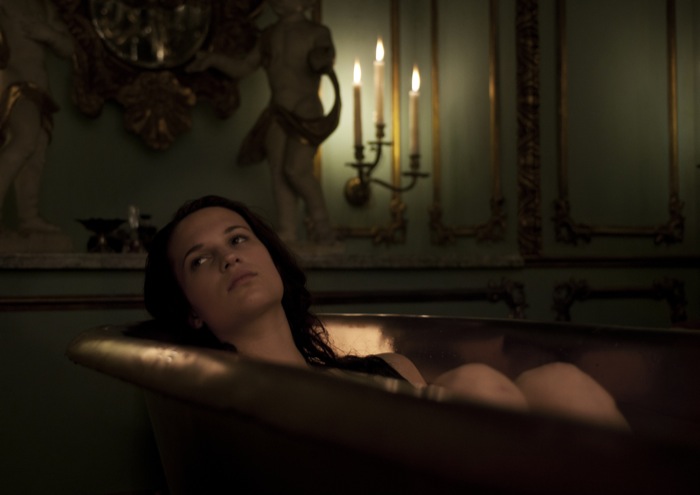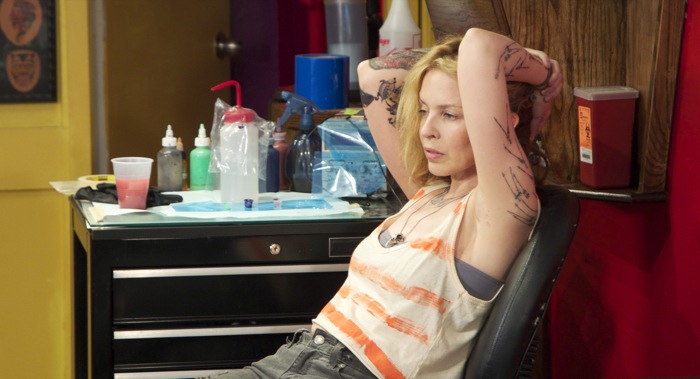Akin to Truffaut’s Day for Night as reimagined by Howard Zinn (to whom it’s dedicated), Even the Rain revolves around the Bolivia-set production of a celluloid epic about Columbus’ arrival in South America, a historical tale of abuse and rebellion that dovetails with an ongoing conflict between a multinational water company and the locals who, when not performing as part of the film’s cast, openly oppose it. Domestic unrest encircles the crew, which includes a bleeding-heart director (Gael García Bernal), a culturally insensitive money man (Luis Tosar), and a drunken star (Karra Elejalde), who wonders if the project—which slams the famed explorer and lionizes two 16th-century missionaries who championed equality for native Indians— is propaganda rather than art. The larger looming question is whether the film’s production is guilty of the very exploitation against which its story rails, and whether the entire endeavor is masturbatory when compared with active, here-and-now struggles. It’s an intriguing meta-cinematic concern bolstered by solid performances. Yet with the film-within-a-film scripted sequences’ vain striving for Terrence Malick-y lyricism, and the water-privatization narrative’s delivery of moral-awakening didacticism, director Icíar Bollaín mixes Even the Rain‘s various storytelling modes with an obviousness that ultimately negates enlightening intellectual or emotional discovery.
Even the Rain: The Legacy of Columbus Gets Lost in Bolivia
